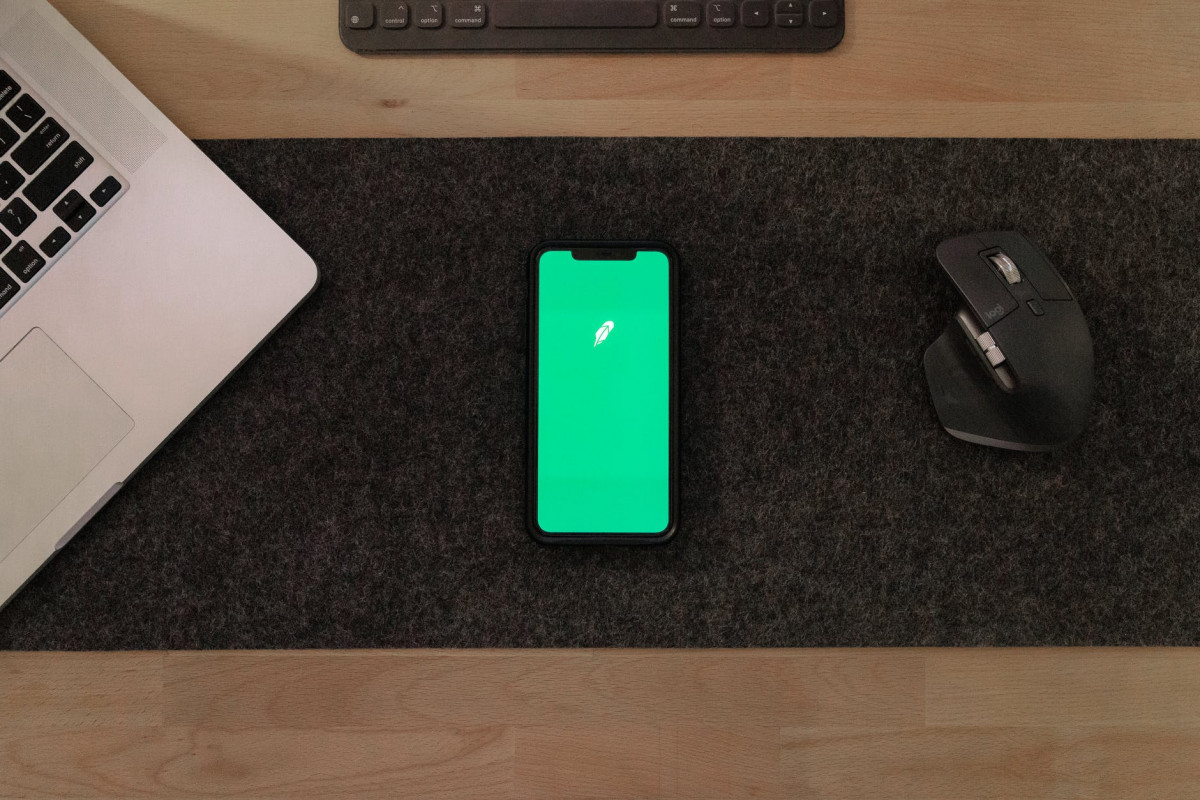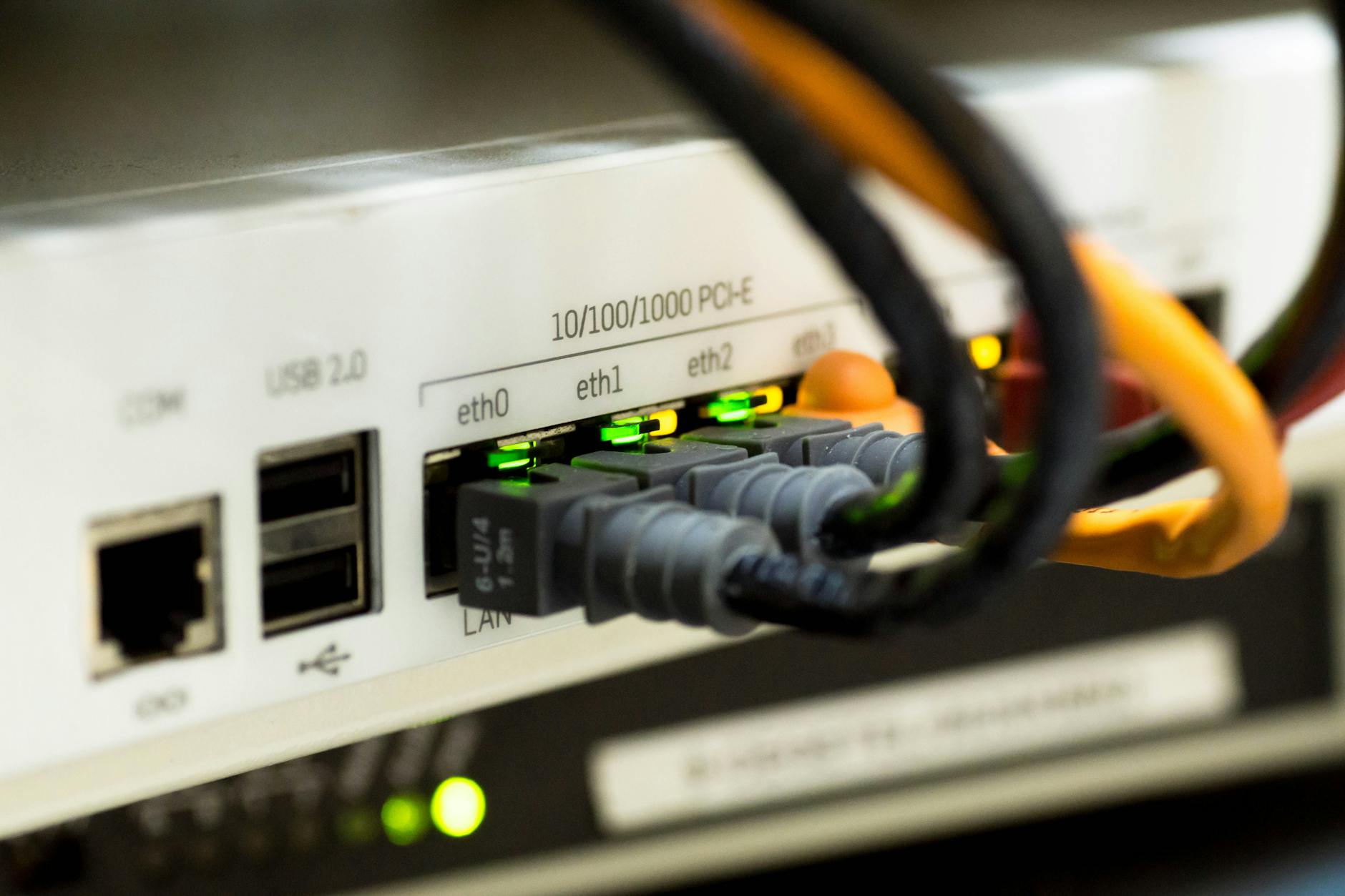Well, Paul asked me a very good question today, I don’t understand why Robinhood had to stop trading Gamestop GME shares. Sadly, a lot of the commentary has been pretty confusing about it, but I had a chance to study for the registered representative class about 1.5M years ago so at least I sort of understood what was happening. The short answer is that it is not necessarily some sort of dark plot (although it might be), but to understand this, you have to grok some detailed things about what really happens when you buy and sell stocks.
The short of it is that when you “buy” a stock, you are actually kicking off a series of non-atomic transactions and that any point, the purchase can break and then someone owes somebody something. If you think like a computer person, then you can see that since it is non-atomic, that is it doesn’t happen simultaneously, then something can break and not honor the deal.
So to take a simple example, if a 13-year-old decides to “buy” a share of Gamestop GME for say $800, what really happens is that an order goes to Robinhood and then it goes into a clearinghouse for settlement. Someone else in some other account at some other brokerage now gives up their one share of Gamestop in exchange for the $800.
Then after some time, called the settlement time, your $800 goes to that other person and you get your share of stock.
But what happens if one minute later after you decided to buy, the price of Gamestop stock goes to $10. At this point, you haven’t given your $800 out yet and really you might just want to say, “Just kidding”, I don’t really want that share of stock and I’d like to keep my $800, you can have that share back. And anyway, I’m going to close my Robinhood account and not worry about it, there is no easy way to get that $800 back.
At this point, the person on the other side doesn’t know it, but he or she still wants their $800 and in fact are very happy to give up the one share of basically worthless stock. And the way this works is that the brokerage on the other side has already taken away that 1 share and there is $800 of nice clean cash in that person’s account.
This is what is called settlement risk; that is the risk for the clearinghouse now, because the $800 is “missing”, so what they do, since they have no idea who the heck the 13-year-old is or how to get the money, they just say, hey Robinhood, since you have 1 million 13-year-olds who all collectively bought 1M shares of Gamestop stock after reading r/wallstreetbets, before we can even execute that, you need to pony up 1M x $800 = $800M in cash so that if all those 13-year-olds close their account, we will just take that $800M and give it to the other people who sold their shares.
You get the idea.
Now in the real world, there are all kinds of math to figure this out and it depends a lot on volatility (the above is way less likely to happen if the stock prices fall from say $800 to $799.99 than if the stock price falls to $10). So the clearinghouse runs its models that predict the risk of “broken” trades. In this case, Robinhood woke up and discovered that the NSCC sent them a letter saying they needed another $3B in cash as collateral if they wanted to keep using them as a settlement house.
Yikes, this is an unusual situation that most brokerage firms don’t have. So what went wrong?
What normally happens in the normal, non-Internet brokerage days is a few things. First is that there are limits on accounts, if you are trading in a volatile stock, then Robinhood says, that’s fine, just make sure you have the $800 as cash with us and as soon as you buy, we will lock that cash, you can’t close your account, you can’t take it away. This is what is called collateral.
There risky things you do, like say options trading, the more collateral you need. This gives rise to “margin calls” in the options world where if the options really fall in value to keep them, you actually have to put money into your brokerage account so they won’t be out the money.
And also, the real thing is that Robinhood is supposed to have their own systems to estimate what collateral they are going to need so that they can put the limits in place, *before* those 13-year olds go crazy. Ah, the Internet.
So there you have it, markets run smoothly and most of the time you don’t have to worry about regret, but when a stock doubles in an hour, it sure is tempting to walk away from trades.
But if everyone does the market eventually breaks down, because everyone who loses money selling is completely rational to say just kidding and pretty soon, the only share bought are the ones that go down. Then the buyers will do the same on the other side. We didn’t talk about it, but you can have the reverse situation. I agree to sell some shares for $800 and the next day the price goes to $8,000. That point, the seller can break the trade. And say, heck, I don’t really want to give you my share of GME.
Eventually no one buys or sells anything, because anytime you trade, someone is going to lose money. If the stock rises, the seller breaks the trade, if the stock falls, the buyer says I don’t want it. That’s why this whole collateral and settlement was invented in the first place. To make things look instantaneously. And that there is enough cash in the system that if the buyer can’t break the trade because as soon as they buy, the whole $800 is dedicated from their account. Similarly when the seller sells a share, that share is removed from their account and they can’t take it back.







